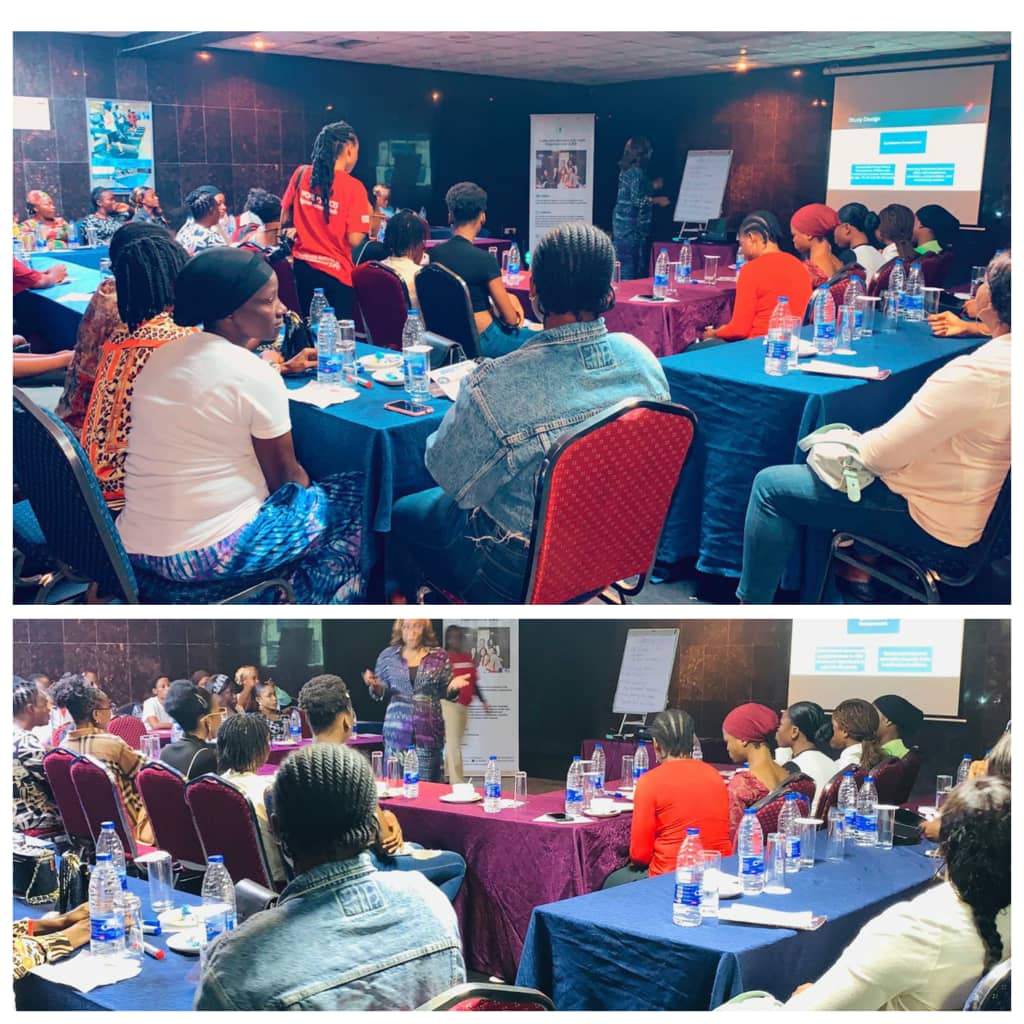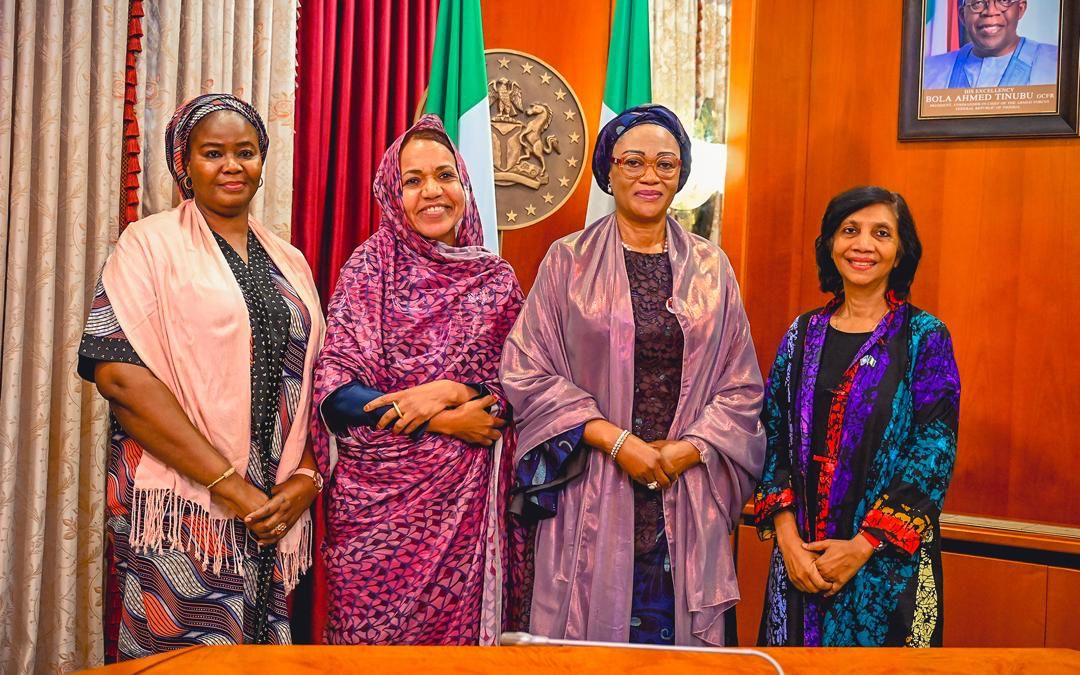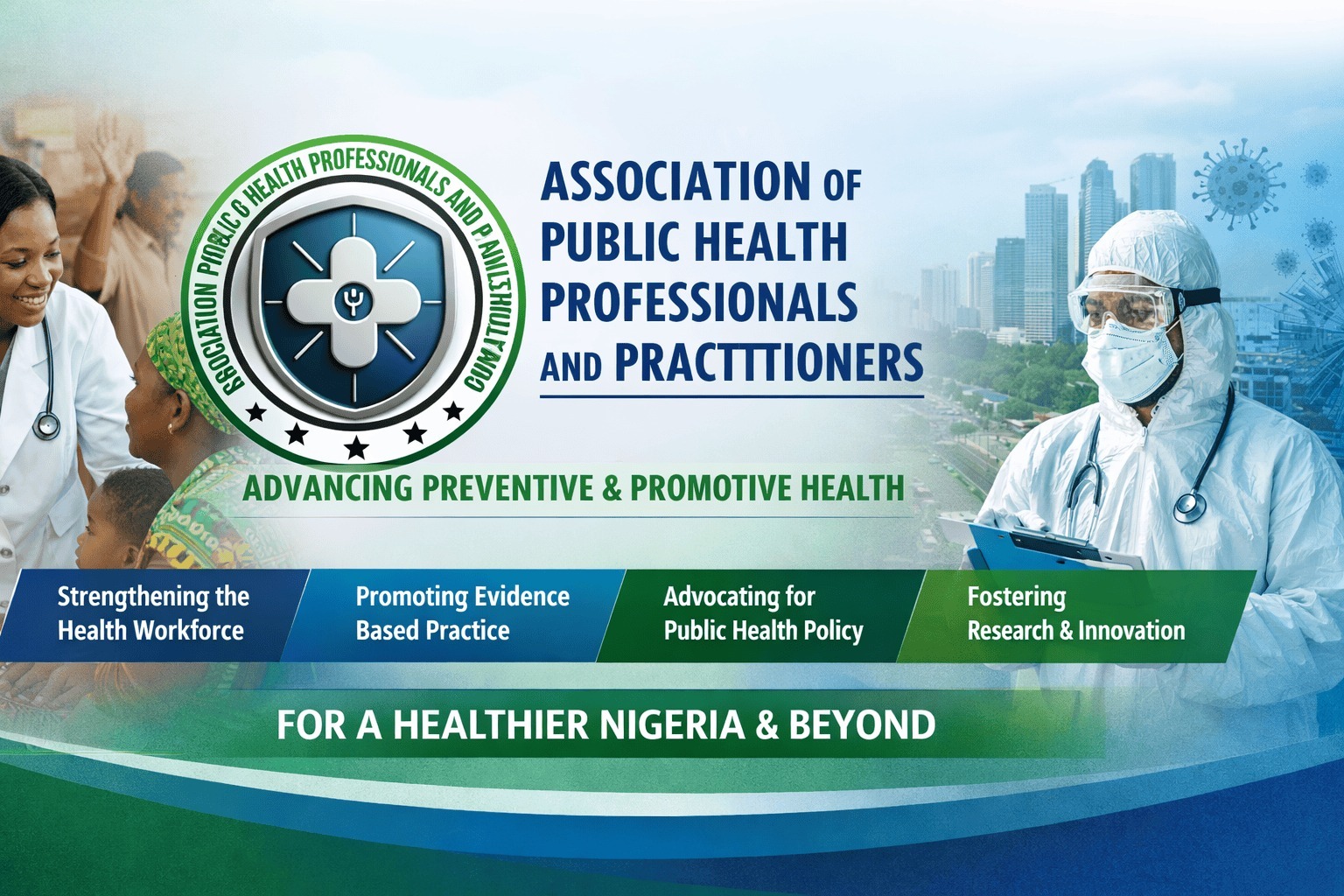Building Nigeria’s National Response To Maternal Mortality From Unsafe Abortion
Posted on November 25, 2025
CYRIACUS IZUEKWE

Nigeria is grappling with a maternal health crisis that has persisted for decades. Every year, thousands of women die from preventable causes related to pregnancy and childbirth.
P.M.EXPRESS reports that among these, unsafe abortion remains one of the most significant contributors to maternal mortality. The tragedy is not only in the numbers but in the silence that surrounds them.
For years, unsafe abortion was treated as a taboo subject—rarely discussed in public forums, often stigmatised, and frequently ignored in policymaking. Yet, behind closed doors, families mourned daughters, sisters, and mothers lost to complications that could have been avoided with access to safe reproductive healthcare.
Advocacy Takes Root
Recognising the urgency of the crisis, a coalition of healthcare professionals, activists, and policymakers began to mobilise. Organisations such as the Leadership Initiative for Youth Empowerment (LIFE) stepped forward to reframe the conversation.
Their approach was deliberate:
Workshops and town halls brought communities together to discuss the realities of maternal mortality.
Social media campaigns challenged stigma and misinformation.
Engagement with religious and community leaders helped break the silence in spaces where maternal mortality due to unsafe abortion had long been considered untouchable.
The message was clear: unsafe abortion is not just a moral or political issue; it is a public health emergency.
Advocacy in Action
LIFE and its partners understood that advocacy had to be more than words. They invested in immersive workshops, strategic plan reviews, advocacy visits, and media briefings to ensure the issue stayed visible.
Some of their key initiatives included:
A strategic work plan for 2025 focused on maternal health and reproductive rights.
A three-day workshop in Lagos amplifying female voices to demand accountability for preventable maternal deaths.
Advocacy visits to hospitals, Police stations, family courts, and community organisations to highlight the intersection of unsafe abortion with gender-based violence (GBV), access to justice, and healthcare delivery.
Town hall meetings that scaled up the leadership of female survivors, ensuring their experiences informed responses to GBV and reproductive health challenges.
Through these efforts, LIFE also expanded its services to include psychosocial support, GBV prevention, access to justice, and sexual and reproductive health and rights (SRHR).
Achievements Along the Way
The coalition’s persistence yielded tangible results:
Survivors of GBV received support, including mental health services and justice through the arrest of perpetrators.
Media briefings and dissemination events kept the issue in the public eye.
Partnerships with hospitals and community organisations strengthened the link between advocacy and service delivery.
Most importantly, these efforts laid the groundwork for a national strategy to reduce maternal mortality from unsafe abortion.
From Advocacy to Policy Reform
Years of advocacy culminated in a significant milestone: the Nigerian government launched a national strategy to reduce maternal mortality from unsafe abortions.
This strategy included:
Expanding access to safe abortion services by increasing the number of healthcare facilities equipped to provide care.
Improving healthcare provider training, ensuring doctors, nurses, and midwives can deliver safe procedures and postabortion care.
Nationwide public awareness campaigns to educate women about their reproductive rights and the dangers of unsafe abortion.
The Impact of the National Strategy
The results were encouraging:
Access to safe services increased, reducing reliance on unqualified providers.
Maternal mortality rates declined, with fewer women dying from unsafe procedures.
Women were empowered to make informed decisions about their reproductive health.
Stigma began to erode, as public conversations normalised reproductive rights and healthcare access.
These achievements demonstrated that when advocacy translates into action, lives are saved.
Why This Matters:
Unsafe abortion is not an isolated issue. It intersects with broader challenges in Nigeria’s health system:
Gender inequality: Women’s voices are often excluded from policymaking, leaving laws disconnected from lived realities.
Healthcare access: Rural women and adolescents face the greatest barriers, making them more vulnerable to unsafe practices.
Economic impact: Complications from unsafe abortion increase healthcare costs, reduce productivity, and deepen poverty.
By addressing unsafe abortion, Nigeria is not only saving lives but also advancing gender justice, strengthening families, and reducing economic inequality.
Lessons from Advocacy
The Coalition’s Journey Offers Important Lessons:
Persistence matters: Change did not happen overnight. It took years of consistent advocacy, community engagement, and strategic partnerships.
Voices of survivors are powerful: By centring the experiences of women affected by unsafe abortion and GBV, advocates made the issue real and urgent.
Partnerships are essential: Collaboration with hospitals, courts, Police, and community leaders ensured advocacy translated into action.
Public awareness is transformative: Breaking stigma through dialogue and media campaigns shifted perceptions and built support for policy reform.
The Road Ahead:
While progress has been made, challenges remain. Stigma still lingers, particularly in conservative communities. Access to safe services is uneven, with rural areas lagging behind urban centers. Comprehensive sexuality education is not yet universal, leaving many young people uninformed about their reproductive rights.
To sustain momentum, Nigeria must:
Deepen community sensitization to ensure public understanding of maternal mortality and reproductive health.
Expand healthcare infrastructure so safe services reach rural and underserved populations.
Invest in education to empower adolescents and young women with knowledge and resources.
Strengthen monitoring and accountability to ensure policies are implemented effectively.
From Silence to Action:
Nigeria’s journey from advocacy to action shows what is possible when coalitions refuse to accept silence. By reframing unsafe abortion as a public health issue, engaging communities, and pushing for policy reform, advocates have saved lives and empowered women.
The national strategy is a milestone, but it is also a reminder: advocacy must continue, awareness must deepen, and action must expand. Only then can Nigeria fully overcome the maternal health crisis and build a future where no woman dies from preventable causes.
Categorised as : Health, News
No Comments »
Related posts


















